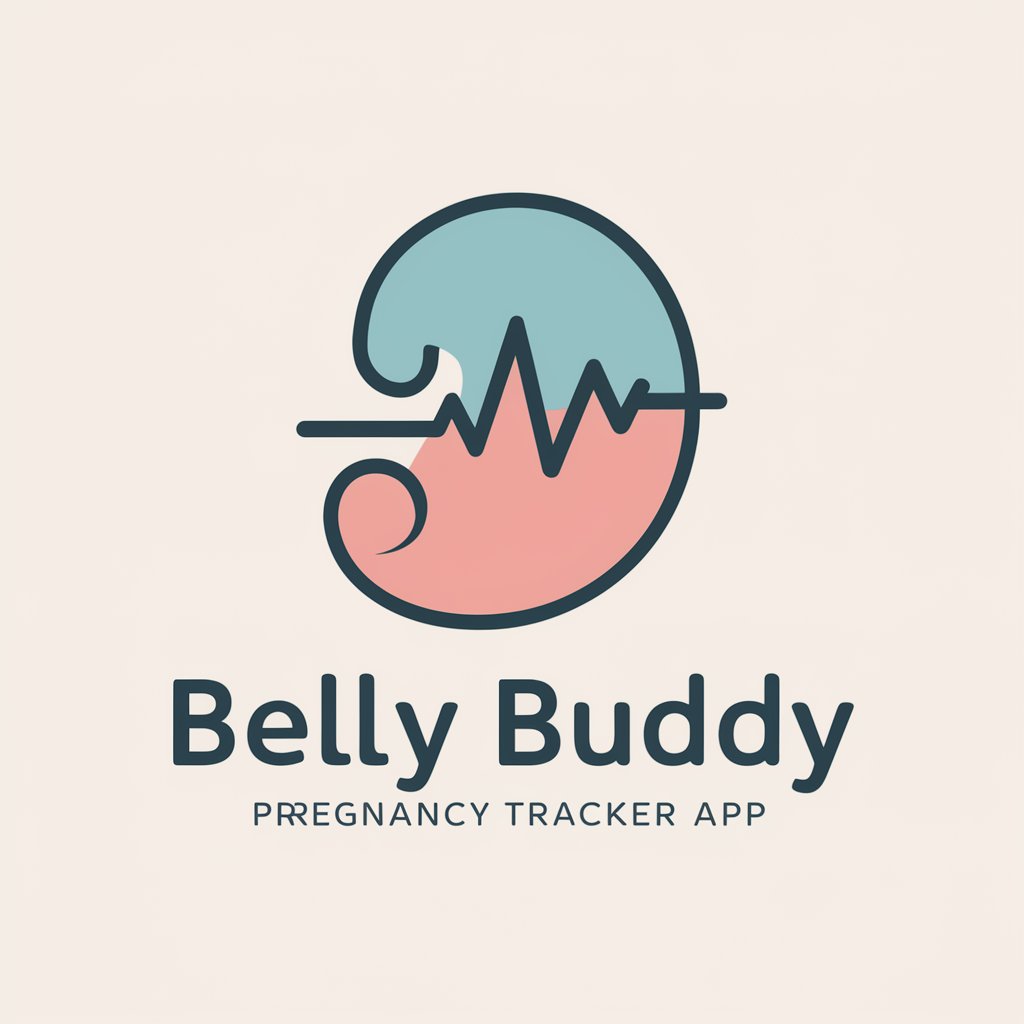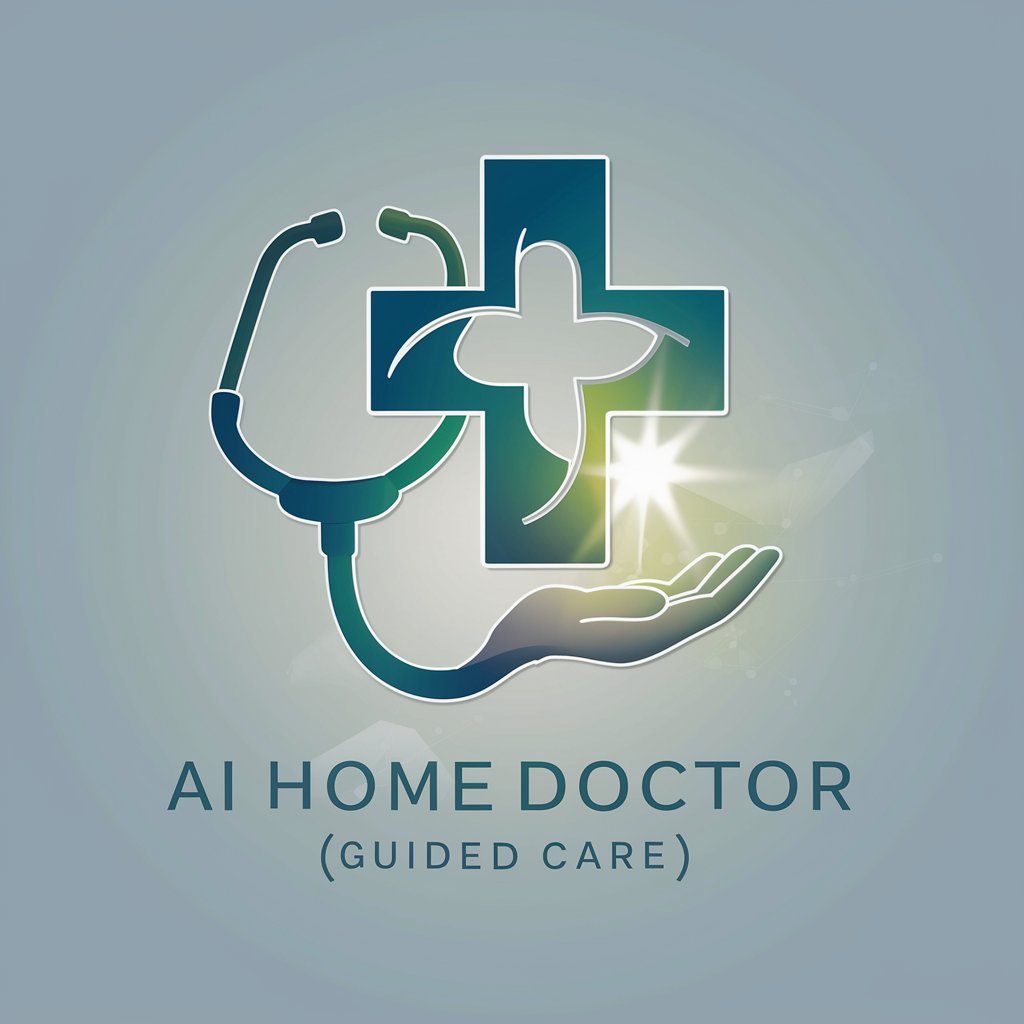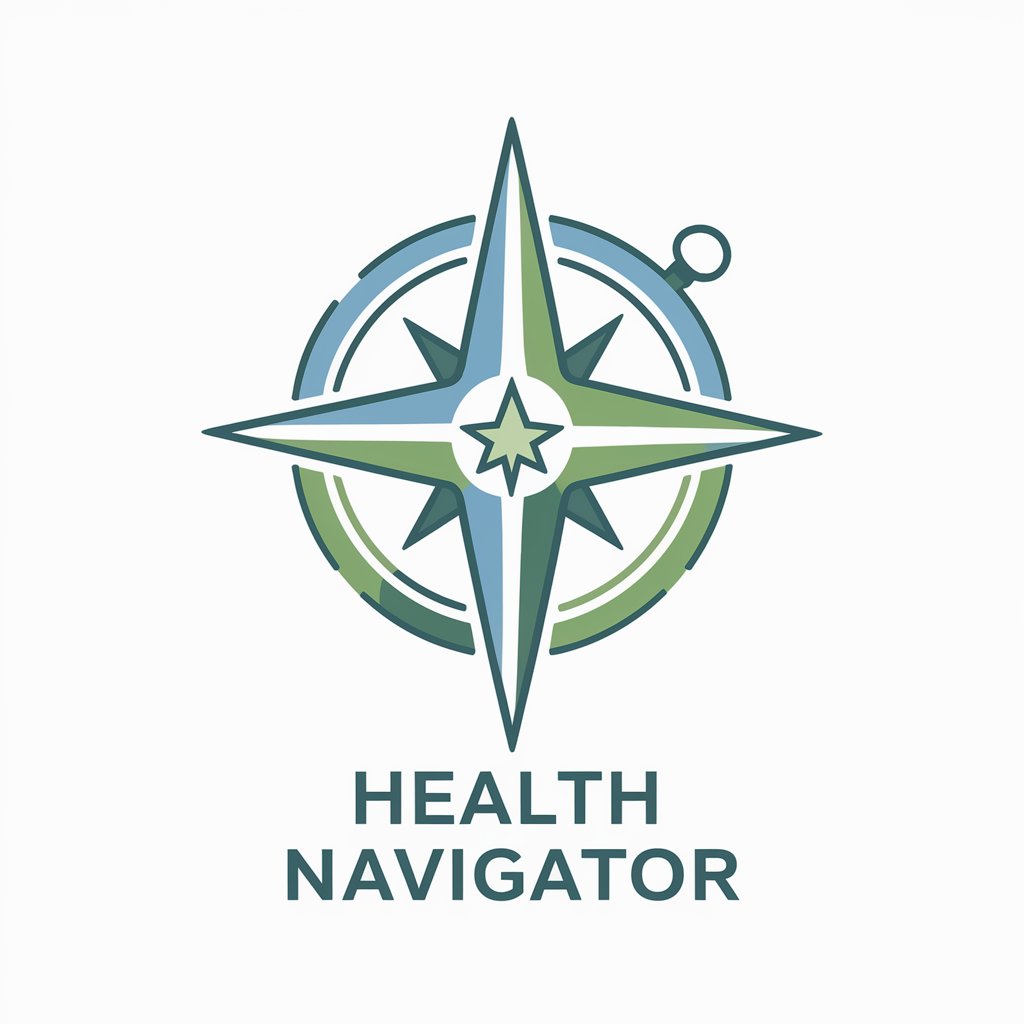8 GPTs for Symptom Monitoring Powered by AI for Free of 2025
AI GPTs for Symptom Monitoring are advanced artificial intelligence tools designed to assist in the tracking and analysis of health symptoms. Utilizing the capabilities of Generative Pre-trained Transformers (GPTs), these tools offer personalized and adaptive solutions for monitoring health conditions. They are particularly relevant in healthcare and wellness sectors, where accurate and timely symptom tracking can significantly impact patient care and outcomes. By leveraging natural language processing and machine learning, GPTs provide insights and support in understanding complex health data, making them invaluable for both individuals and healthcare professionals.
Top 7 GPTs for Symptom Monitoring are: Belly Buddy,AI Home Doctor (Guided Care),Sara,🩺 Kidney Health Navigator 🏥,DiaBeatIt Guide,Stoola: The School For Your Stool,Health Navigator Arthrisis
Belly Buddy
Your AI-powered pregnancy companion

AI Home Doctor (Guided Care)
Empowering Self-Care with AI Guidance

Sara
Personalized post-rhinoplasty care at your fingertips.

🩺 Kidney Health Navigator 🏥
Empowering kidney health with AI
DiaBeatIt Guide
Empowering diabetes management with AI

Stoola: The School For Your Stool
Insightful Poop Analysis, AI-Enhanced

Health Navigator Arthrisis
AI-powered health management assistant

Essential Qualities of Symptom Monitoring AI
AI GPTs for Symptom Monitoring boast several unique features including high adaptability to various health conditions, the ability to learn from inputs to improve symptom tracking accuracy, and support for multilingual communication. These tools can analyze vast amounts of data to identify trends and patterns in symptoms, offer personalized health advice, and even predict potential health issues before they become severe. Special features might include integration with wearable health devices, real-time monitoring capabilities, and secure data handling to ensure privacy and confidentiality.
Who Benefits from Symptom Monitoring AI
The primary beneficiaries of AI GPTs for Symptom Monitoring include healthcare professionals seeking to enhance patient care, individuals aiming for better personal health management, and developers looking to create tailored health monitoring applications. These tools are accessible to users without technical backgrounds through user-friendly interfaces, while also offering extensive customization options for those with programming skills, enabling a wide range of applications from basic symptom tracking to complex health data analysis.
Try Our other AI GPTs tools for Free
CKD Education
Discover how AI GPTs are transforming CKD Education with personalized learning experiences, up-to-date information, and interactive support for all users.
Medication Reminder
Discover how AI GPTs for Medication Reminder revolutionize medication management with personalized reminders, ensuring timely medication intake for better health outcomes.
Support Resource
Discover how AI GPTs revolutionize support services, providing tailored, efficient, and intelligent solutions to meet diverse user needs.
Survivorship Guidance
Discover how AI GPTs for Survivorship Guidance can provide personalized, empathetic support for navigating life after trauma, offering accessible tools for survivors and professionals alike.
Comic Recommendations
Discover personalized comic book recommendations with AI GPT tools. Tailored to your tastes, explore the world of comics through advanced AI technology.
Endgame Tactics
Discover the strategic edge with AI GPTs for Endgame Tactics, advanced tools designed to optimize decision-making and planning in critical endgame scenarios.
Further Exploration into Symptom Monitoring AI
AI GPTs for Symptom Monitoring represent a significant advancement in healthcare technology, offering scalable and customized solutions across various sectors. Their user-friendly interfaces facilitate easy adoption, while their integration capabilities allow for seamless incorporation into existing healthcare systems and workflows, enhancing the efficiency and effectiveness of health monitoring practices.
Frequently Asked Questions
What are AI GPTs for Symptom Monitoring?
AI GPTs for Symptom Monitoring are AI tools that utilize Generative Pre-trained Transformers to analyze and track health symptoms, providing personalized insights and predictions.
Who can use these AI tools?
They are designed for healthcare professionals, individuals focused on personal health, and developers creating health-related applications.
Do I need coding skills to use these tools?
No, these tools are designed to be accessible to users without any coding background, though they also offer customization options for those with technical skills.
How do AI GPTs learn and adapt?
These tools use machine learning to analyze input data, improving their accuracy and adaptability over time to provide more personalized health tracking and advice.
Can these tools predict health issues?
Yes, by analyzing patterns and trends in symptom data, these AI tools can predict potential health issues before they escalate, allowing for preventative measures.
Are my data and privacy protected?
Yes, these tools implement secure data handling and privacy measures to protect user information and comply with healthcare regulations.
Can these tools integrate with other health devices?
Many AI GPTs for Symptom Monitoring can integrate with wearable health devices for real-time data collection and monitoring.
What makes these tools unique compared to other health apps?
Their adaptability, AI-driven insights, and the ability to provide personalized health monitoring and predictions set them apart from conventional health apps.